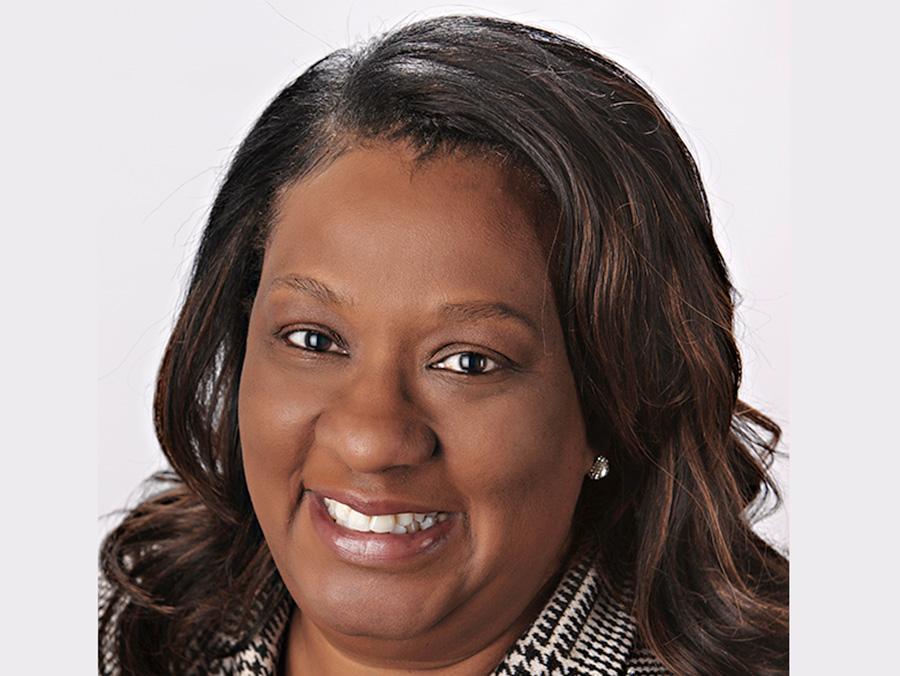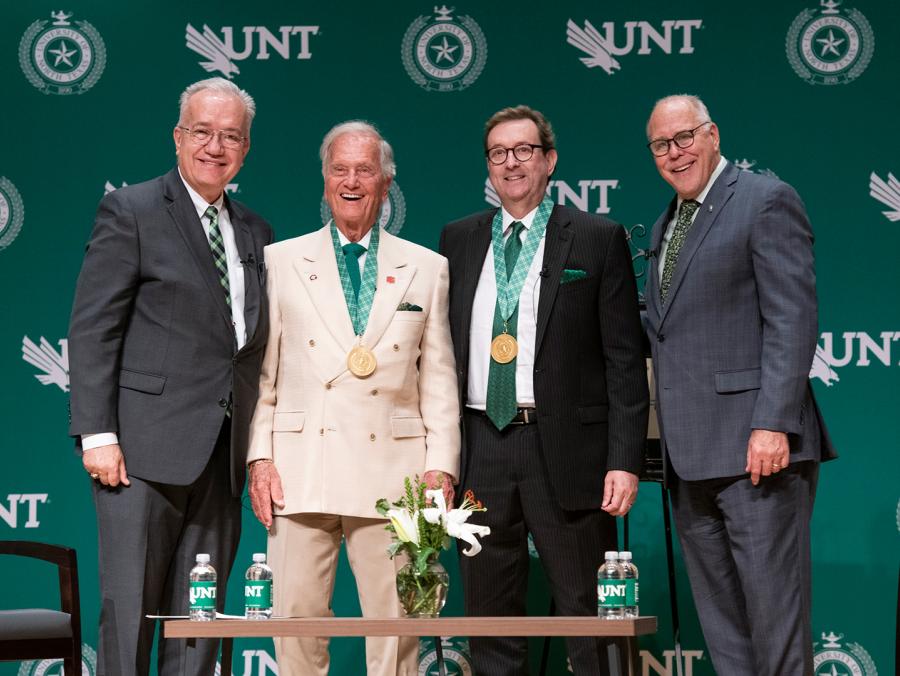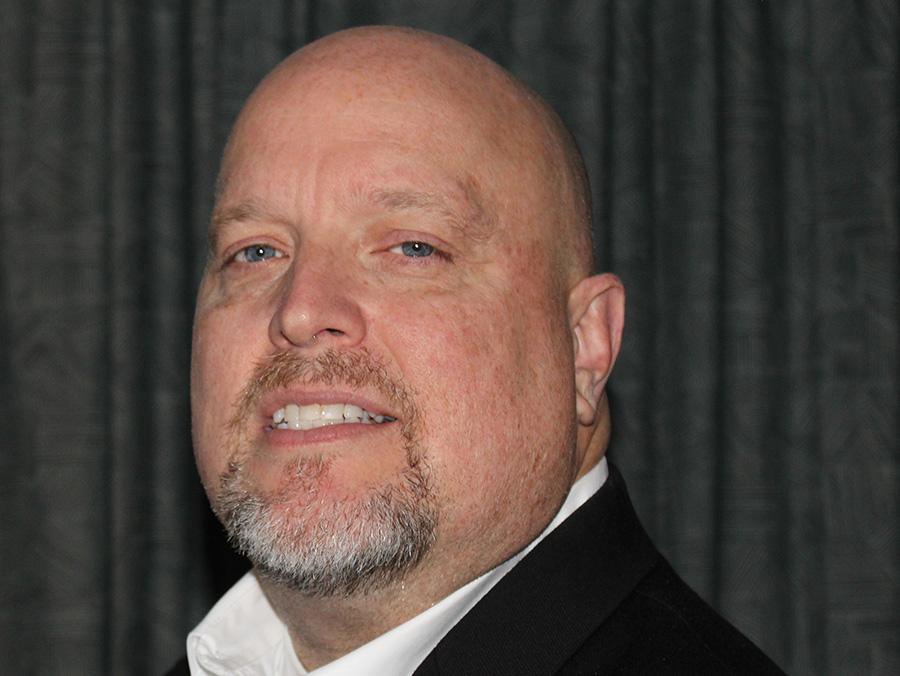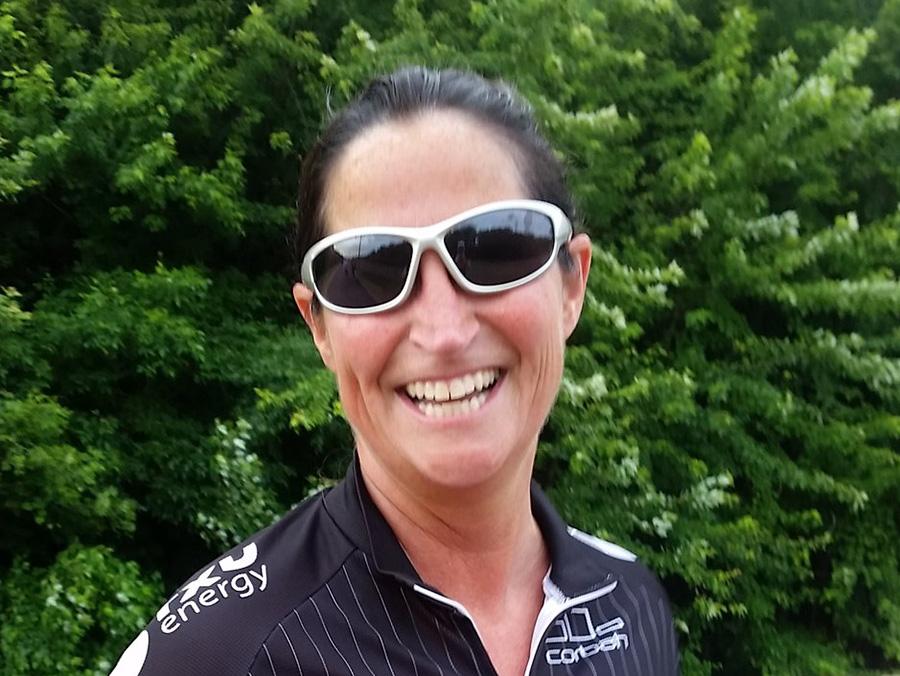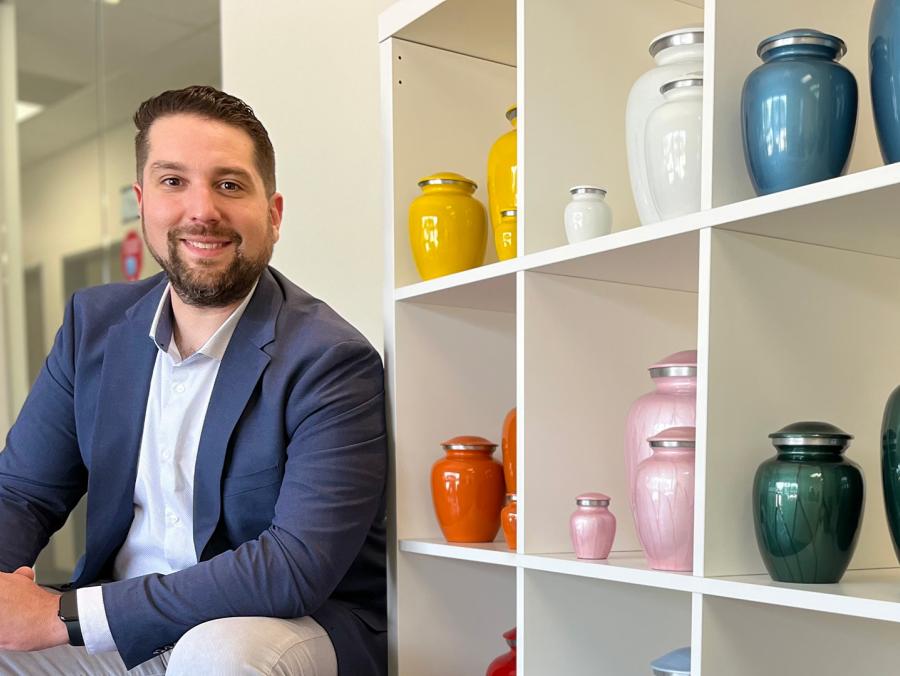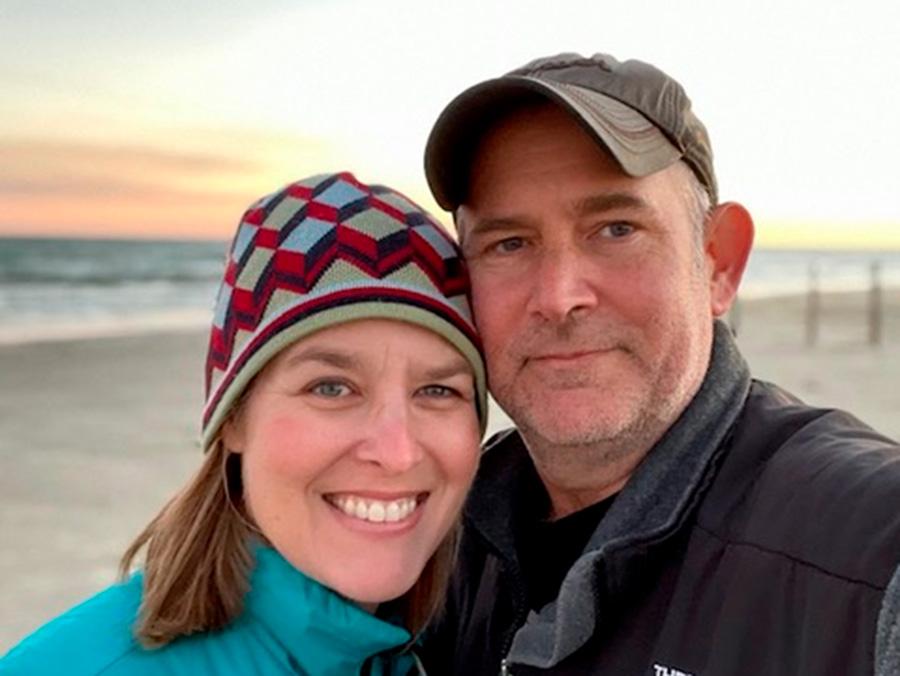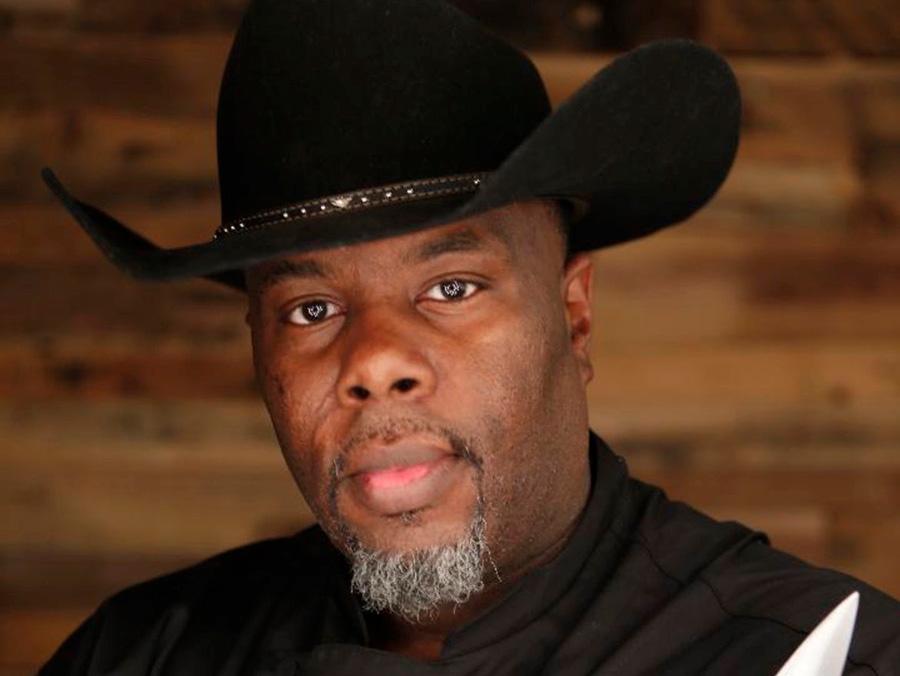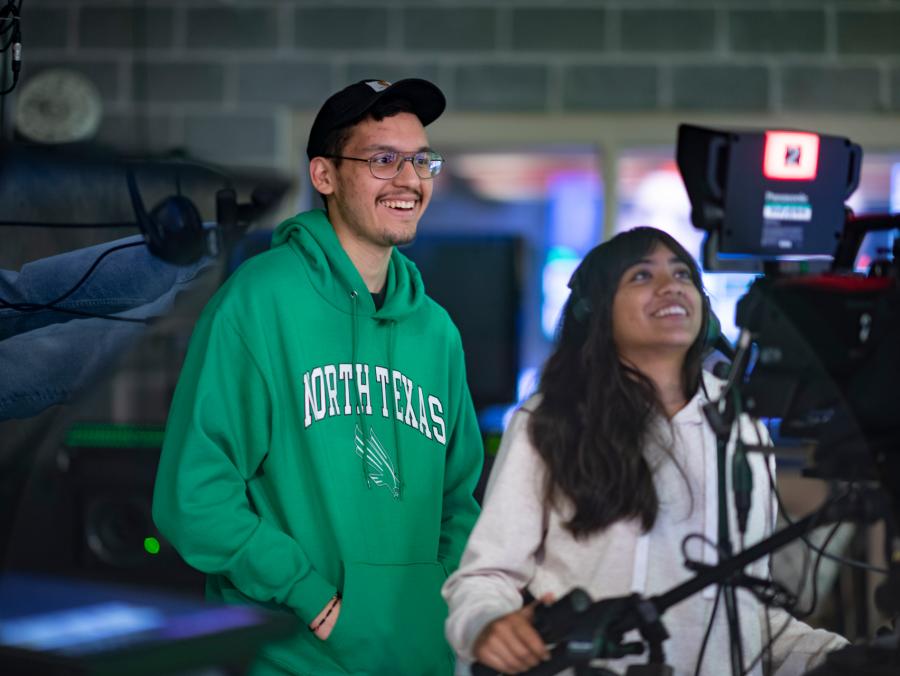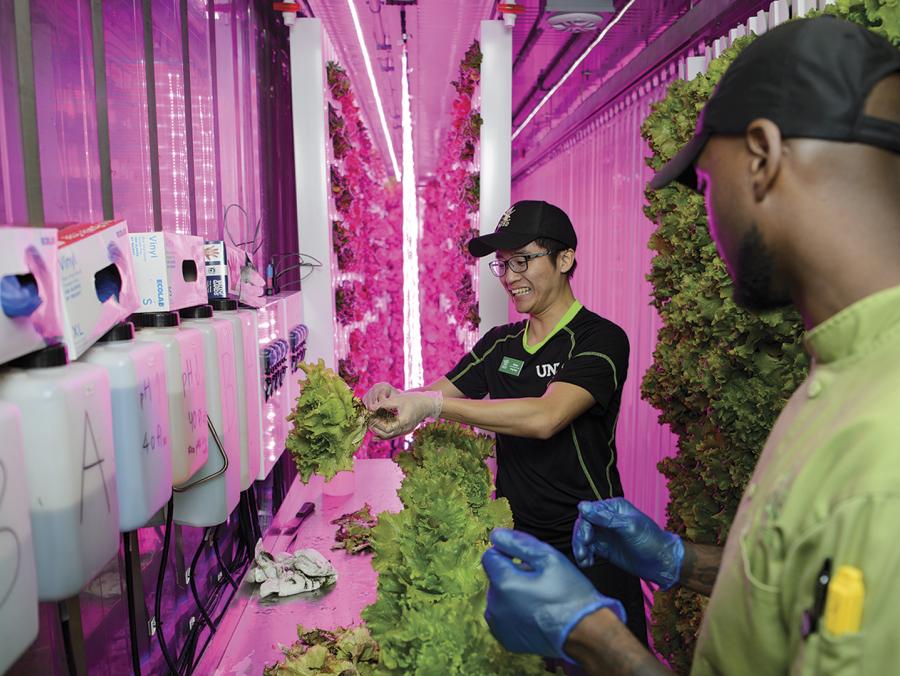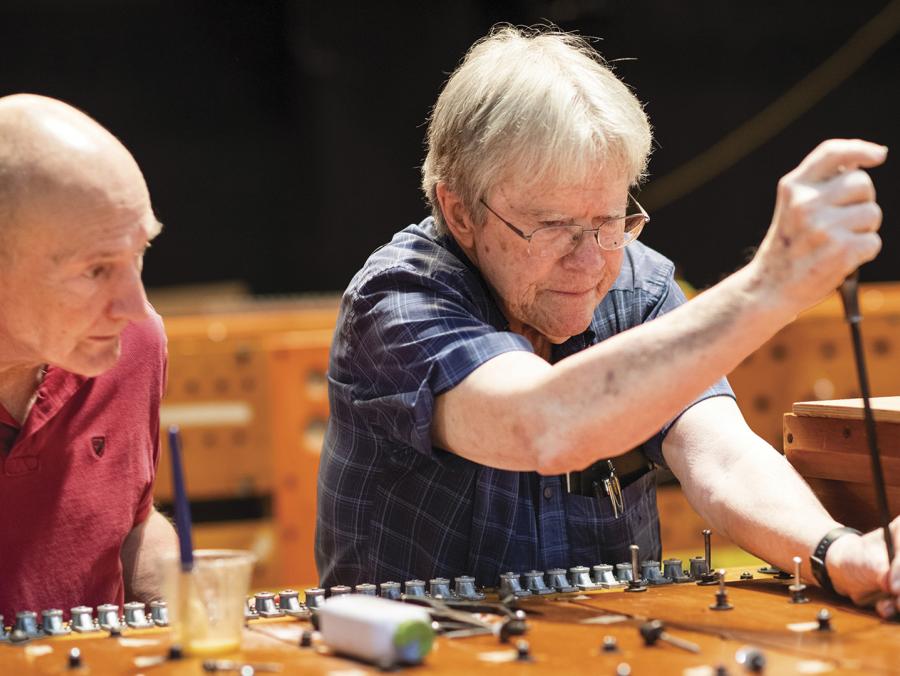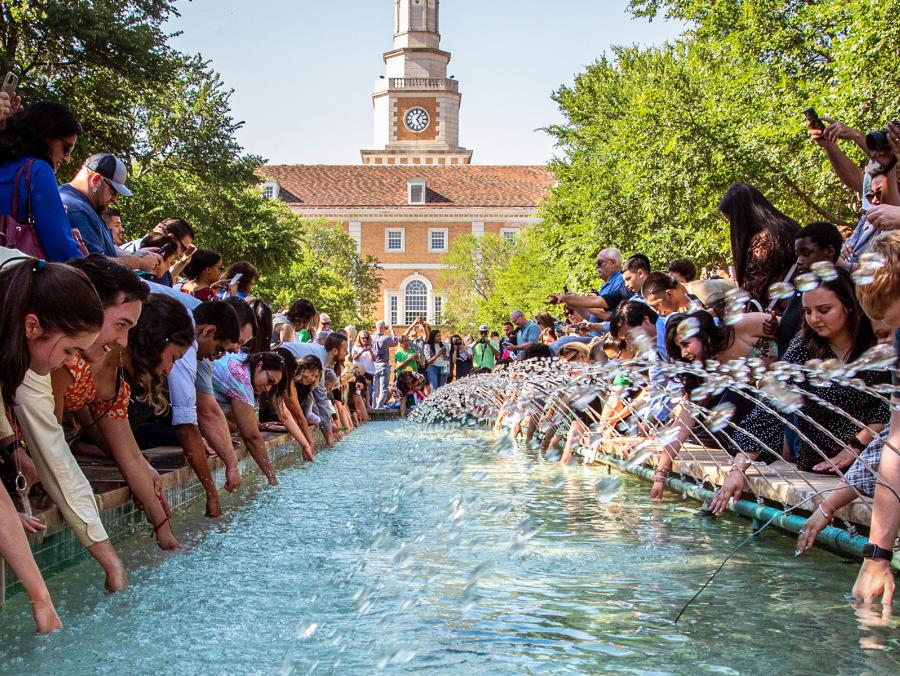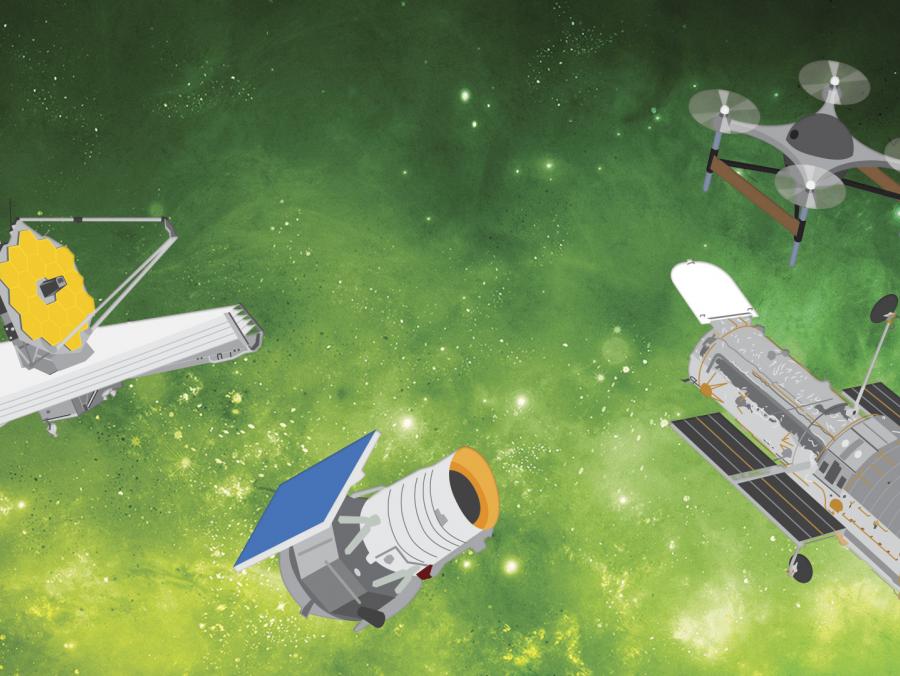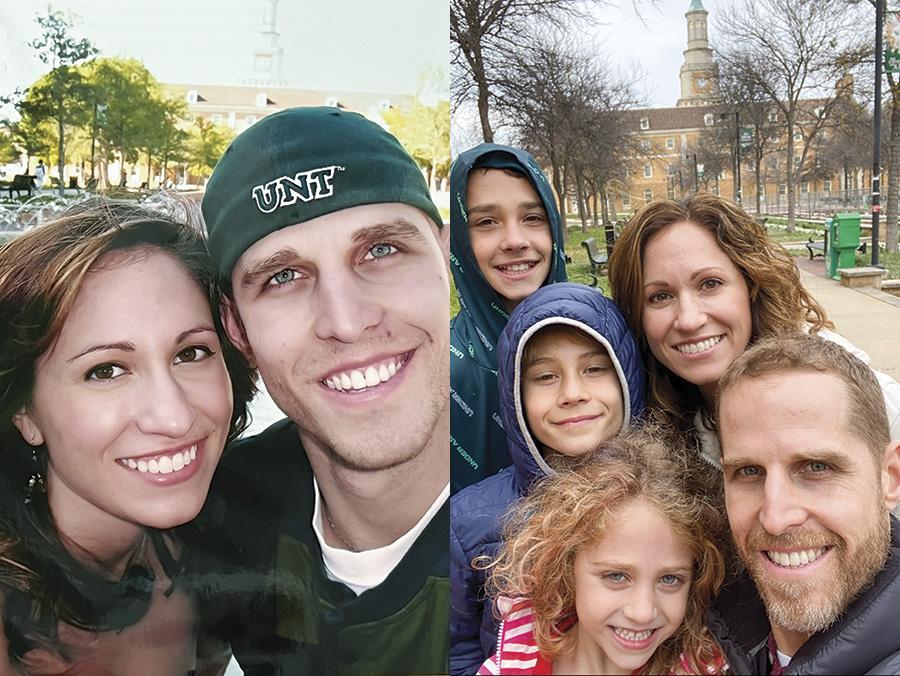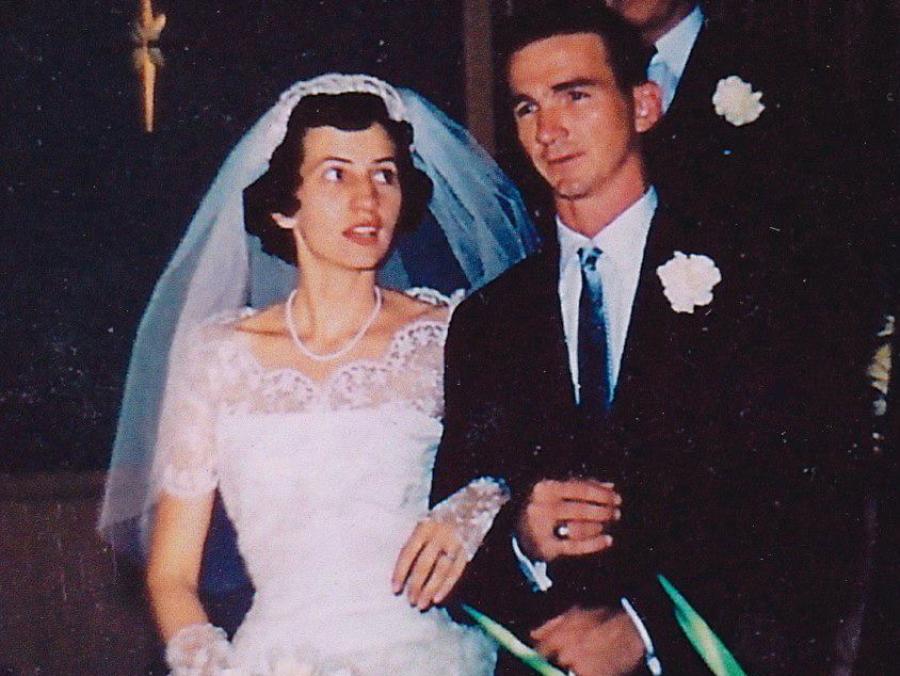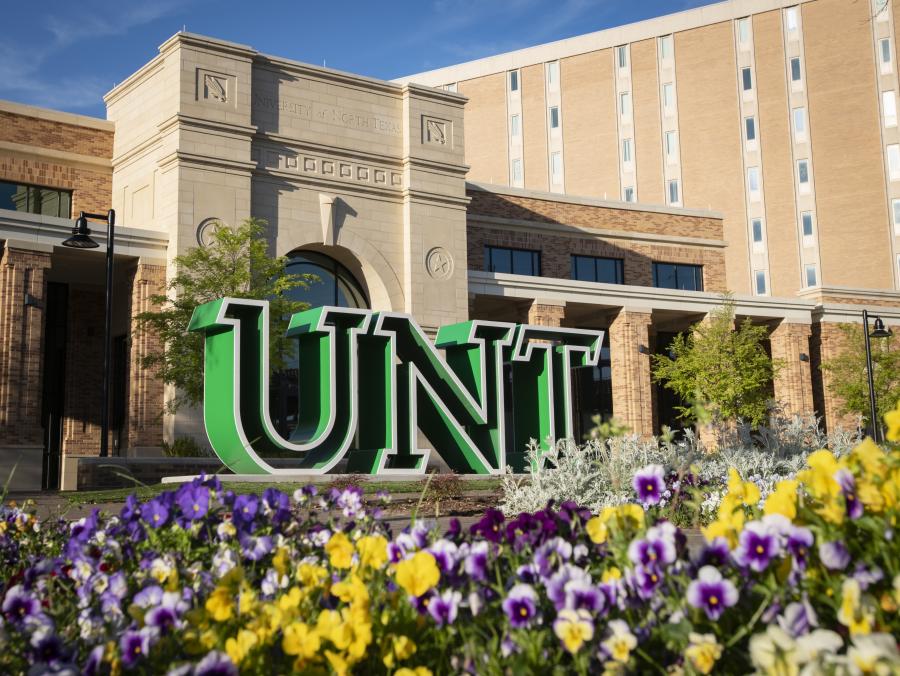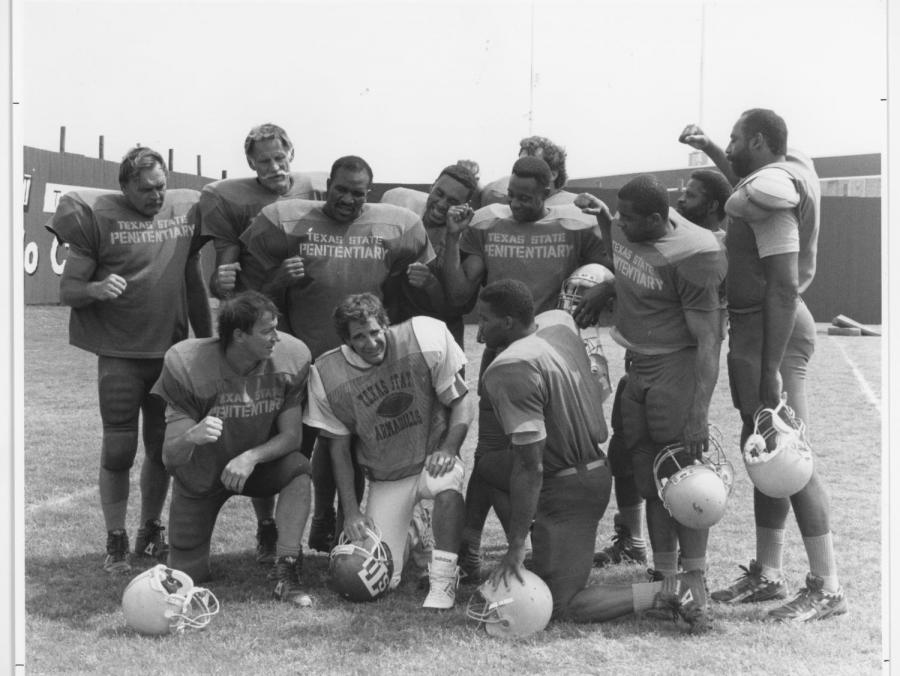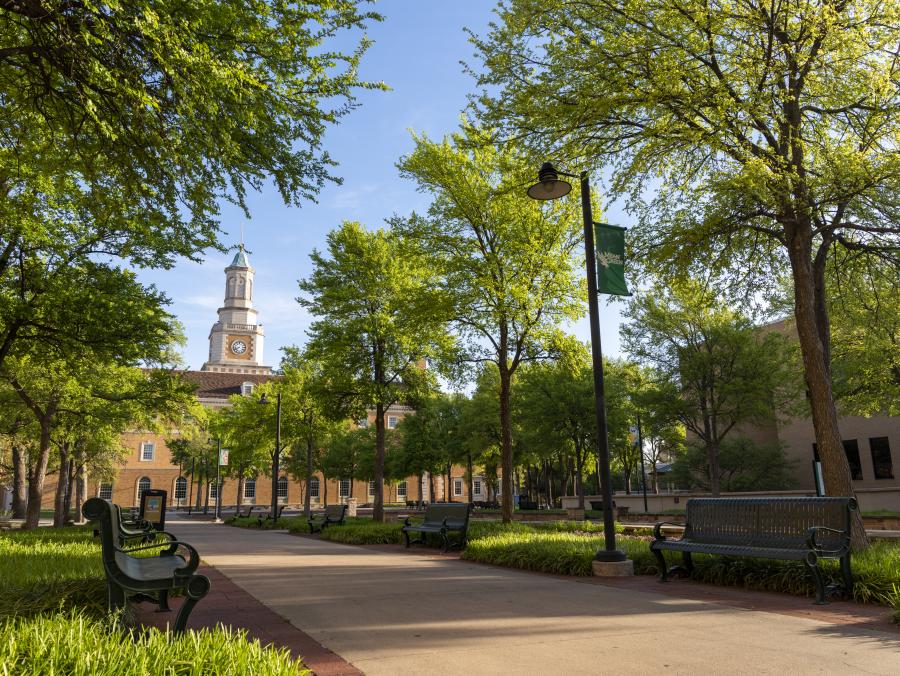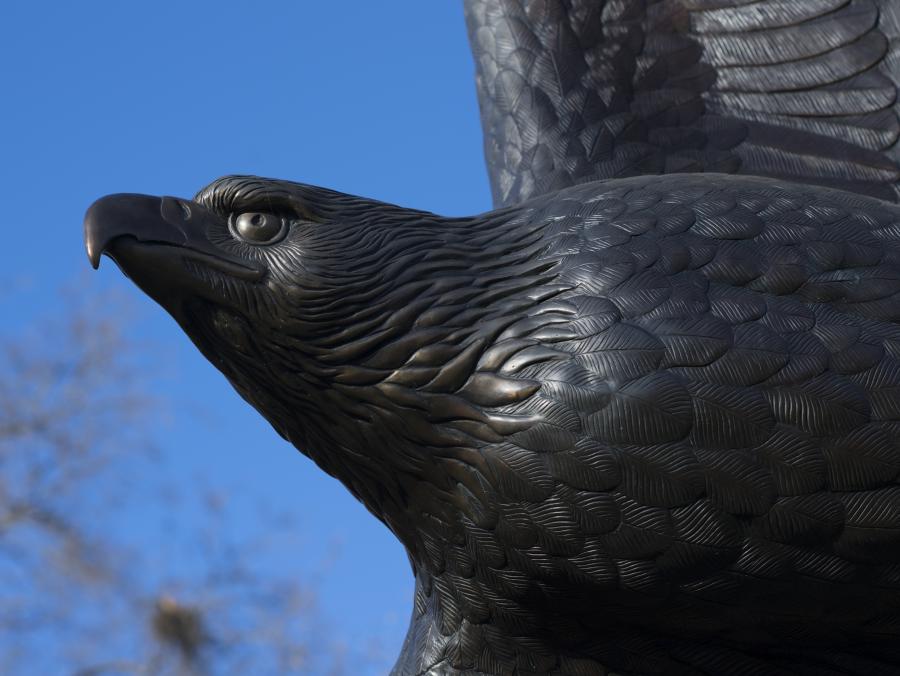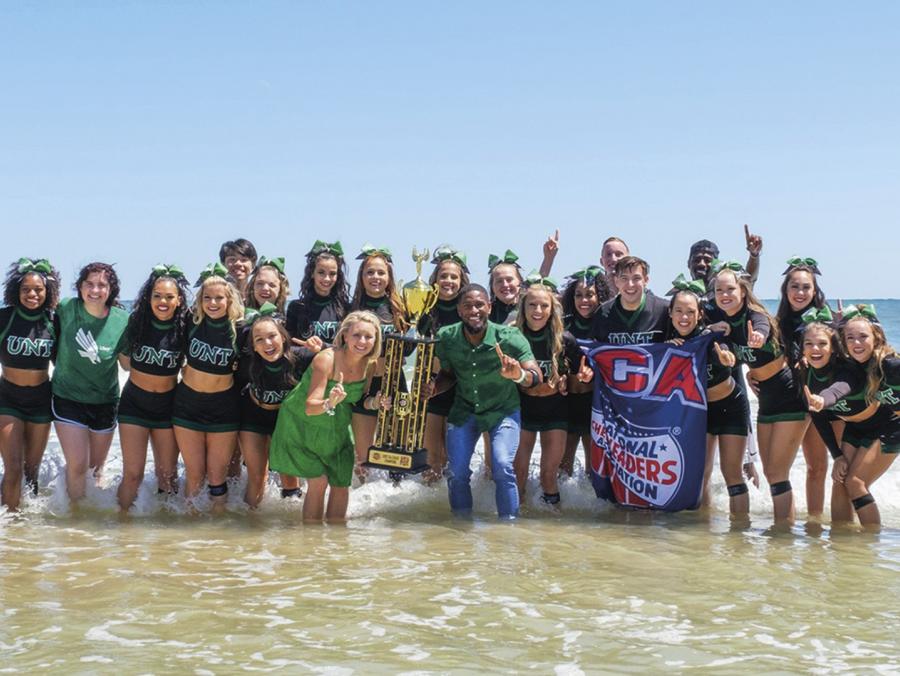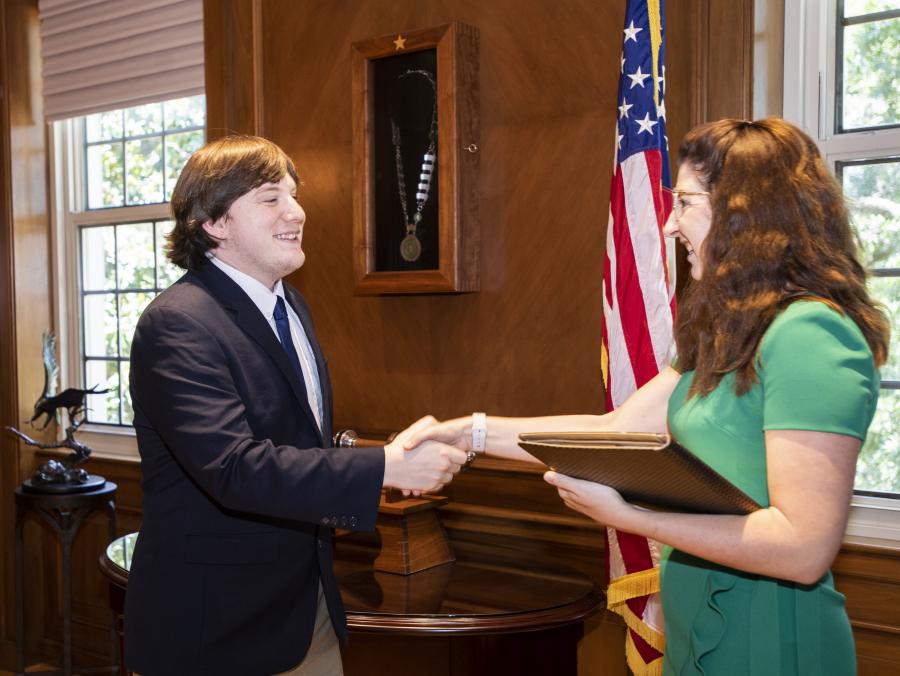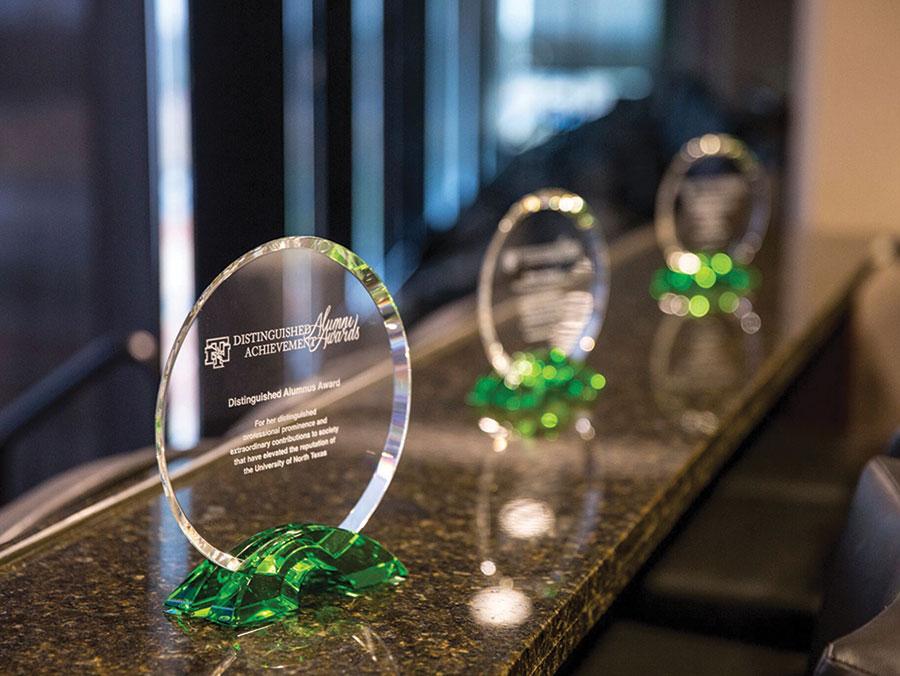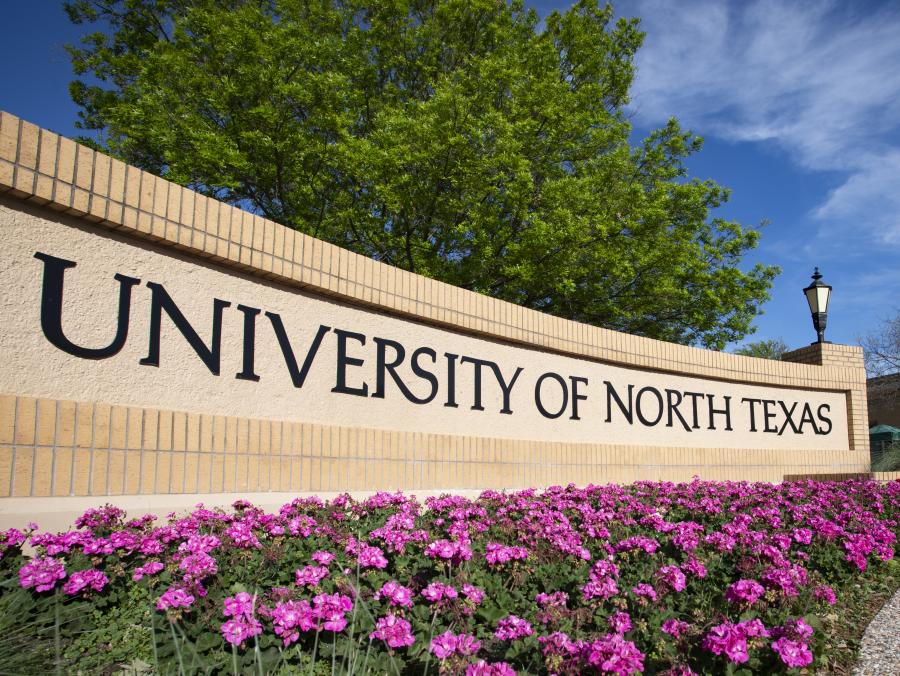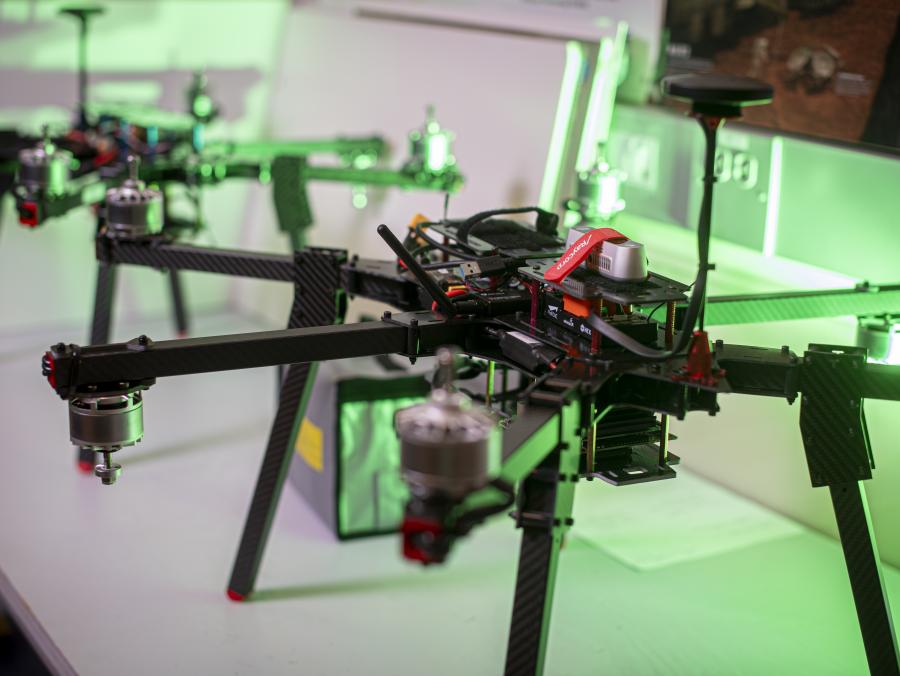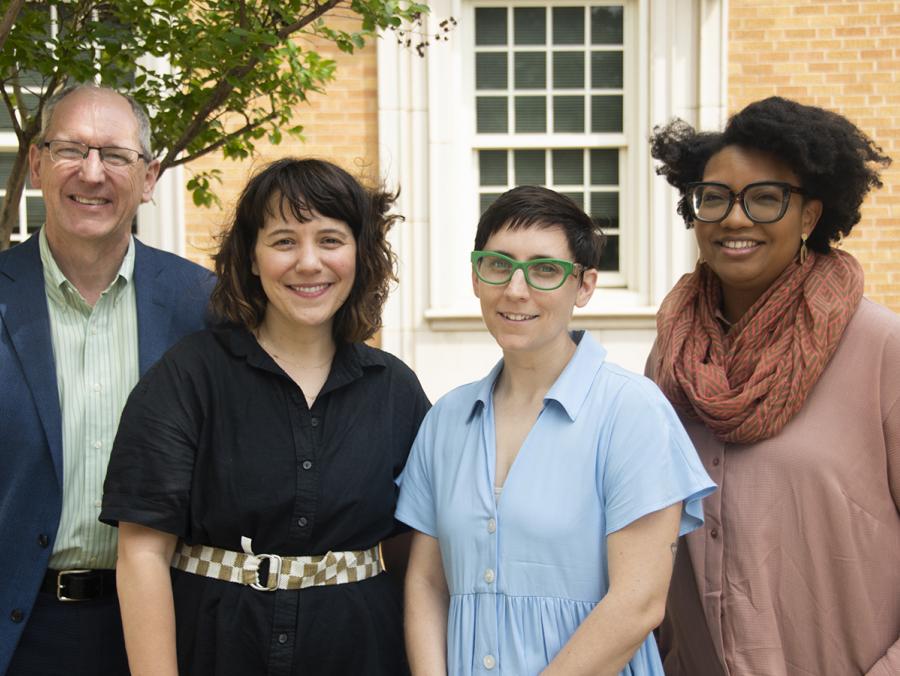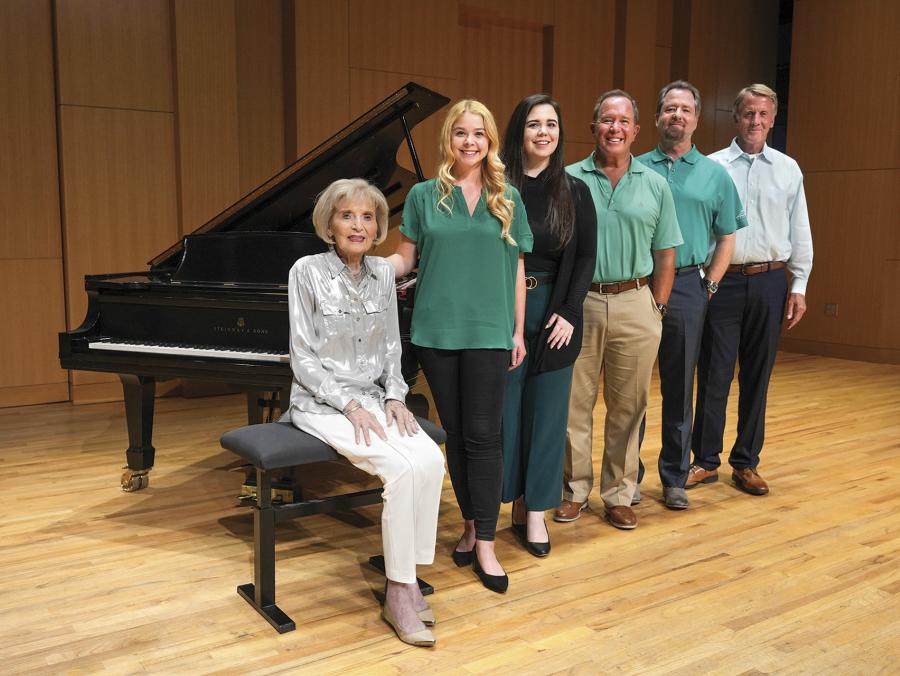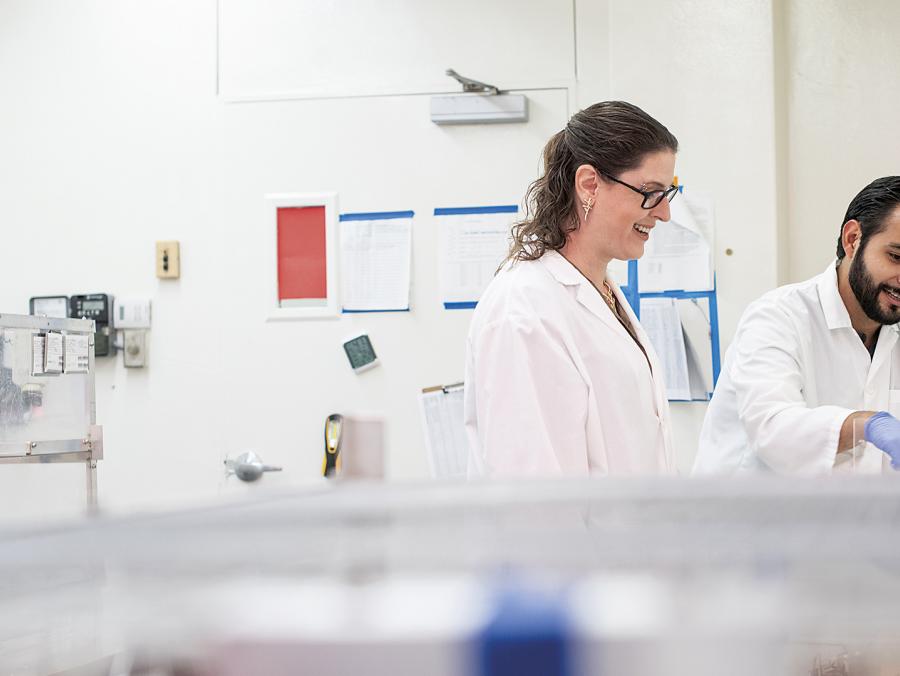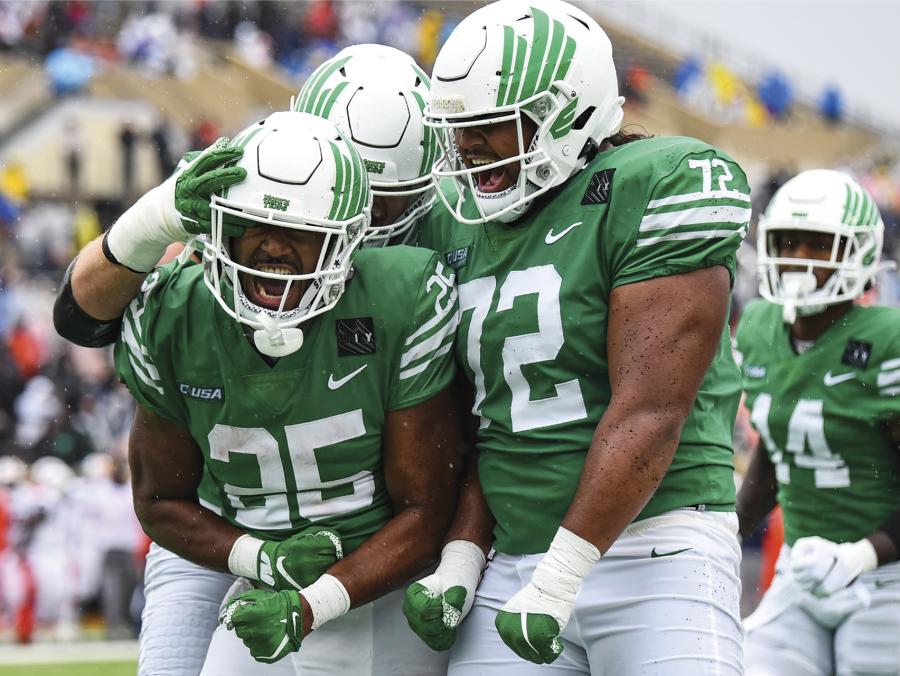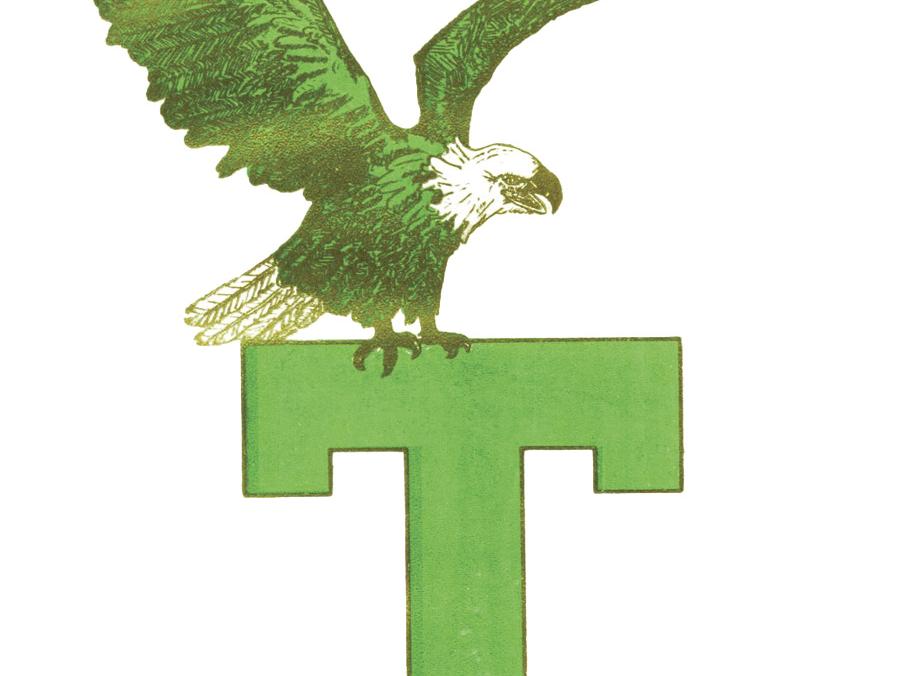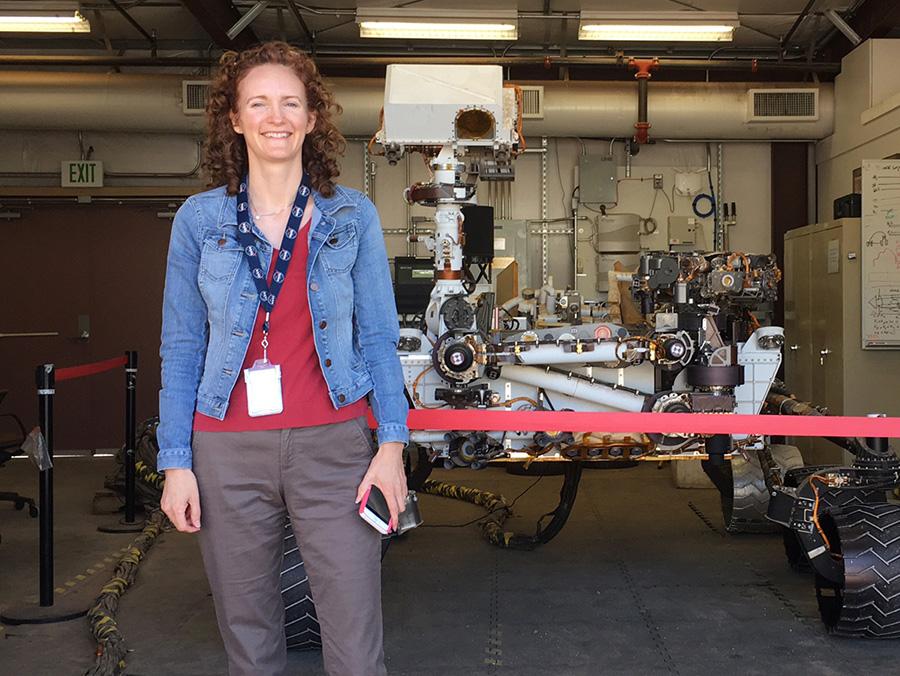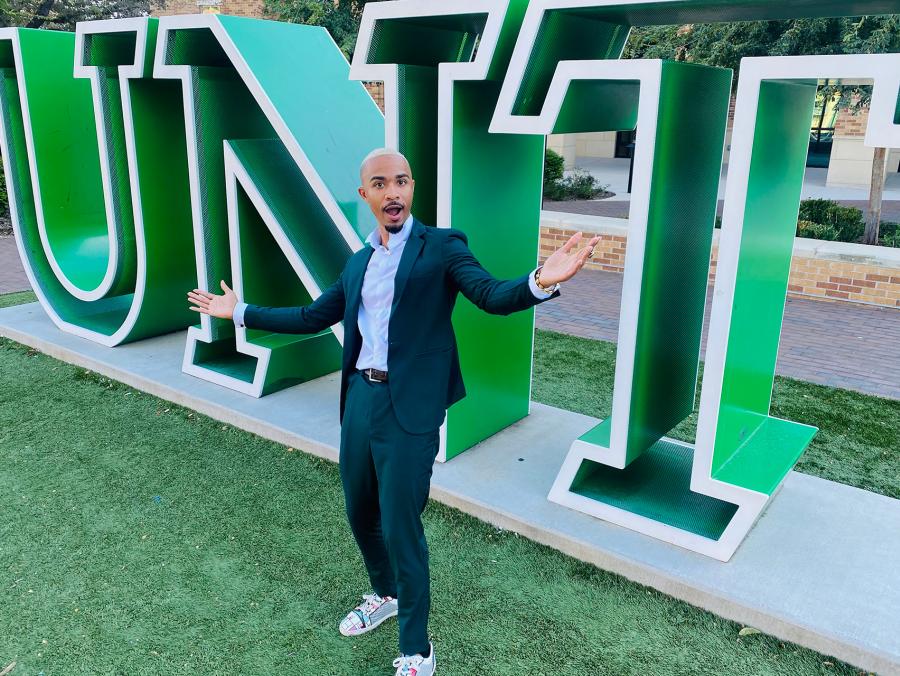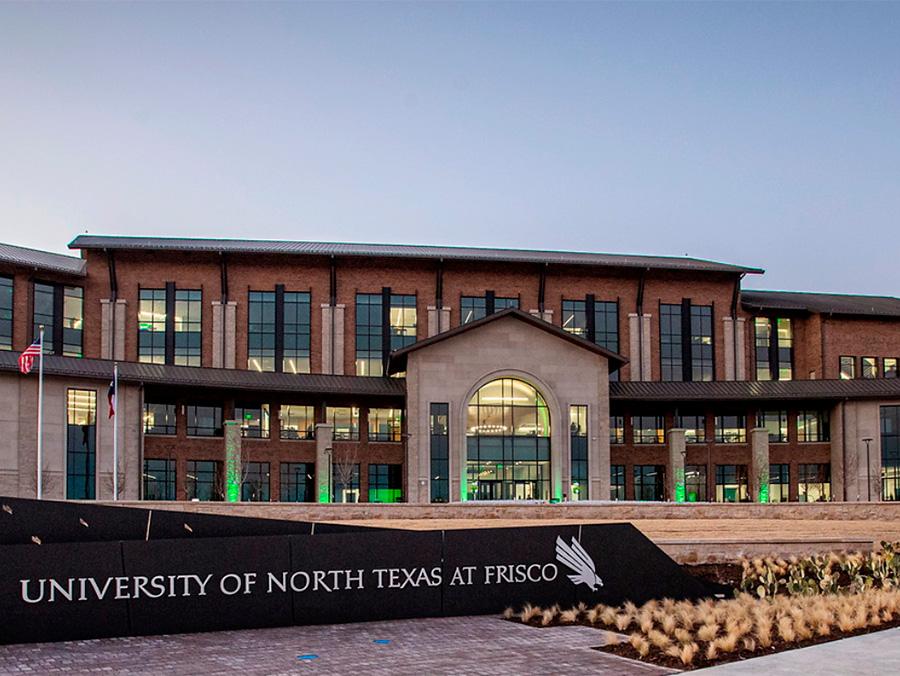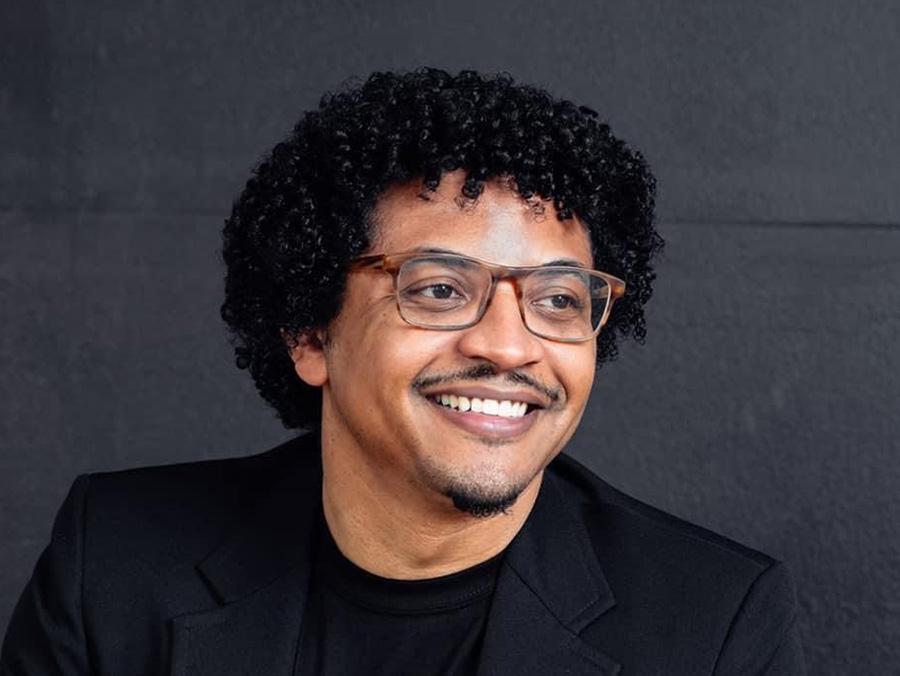I want to begin by saying how special a place UNT is to me. This is where I earned all my degrees. It is where I met my wife, and it is where my children attended college. I come from a small town in the Texas Panhandle where my father was an auto mechanic and my mother a beautician. When I came to North Texas State University, I was the first person in my family to attend college. As an undergraduate, I majored in English with a Spanish minor. I know that this is not the typical first step you would expect for someone who would eventually become a university biology professor, but it just illustrates that there are many ways to reach your goals.
My first full-time job was at UNT as an admissions recruiter, but after a few years, I realized that my interest lay in science. So, I entered graduate school to study biology. That decision led me back to this stage twice more, once when I earned my master's degree in biology and again when I completed my Ph.D. in microbiology.
I had the good fortune to soon join the Department of Biological Sciences as a full-time faculty member. Along with my love of microbiology, I found that I also had a passion for educating students. One of the things that I am most proud of is the Phage Hunters Advancing Genomics and Evolutionary Sciences, or PHAGES, program here at UNT. Bacteriophages, or phages for short, are viruses that infect bacteria. The program is part of a national effort supported by the Howard Hughes Medical Institute to give undergraduate students an early research experience.
This program gives freshman students a full-year experience working on a research project on bacteriophages while earning credit toward their laboratory course requirements. Each student collects a soil sample and isolates a virus that infects the host bacterium that we use in our lab. They learn all the basic skills needed to do this lab research during the first semester and get to name their isolated phage. The students purify the DNA from their phages, and we send some of the samples off to be sequenced. In the second semester, the students learn how to use bioinformatics tools to determine the locations and functions of the genes in the genome of the virus.
Their completed work is published in GenBank, a database of genome information used by scientists around the world. More than 600 students have participated in PHAGES since we established the program in 2009, and they have isolated 649 different viruses and published over 150 genome sequences. For many, it is the first time that they actually see themselves as scientists. Just like I enjoy seeing this transformation in the freshmen, I also find joy each time I attend commencement. When you started your degree, you probably thought of yourself as an aspiring mathematician or scientist. Yet today, you are mathematicians and scientists.
Many graduates in biology knew my late wife Roxana Bejarano Hughes ('97 M.S.), who I lost last year. She coordinated the microbiology laboratories and also taught parasitology in the summer. She was my biggest cheerleader, and I know that she would be proud to see me giving this address today. Likewise, I want you all to remember with love and joy how important your success would be to those who started this journey with you but who did not get to see its end. We honor their memories by continuing to reach for our goals.
You can't predict the future, but you can make choices that define your path. By completing your degree, you have fulfilled a dream for both yourselves and your loved ones. Be proud of what you have accomplished as you share this day with the cheerleaders in your lives. Wherever your future takes you, I can assure you that your UNT degree will serve you well on your journey just as mine has done for me.






